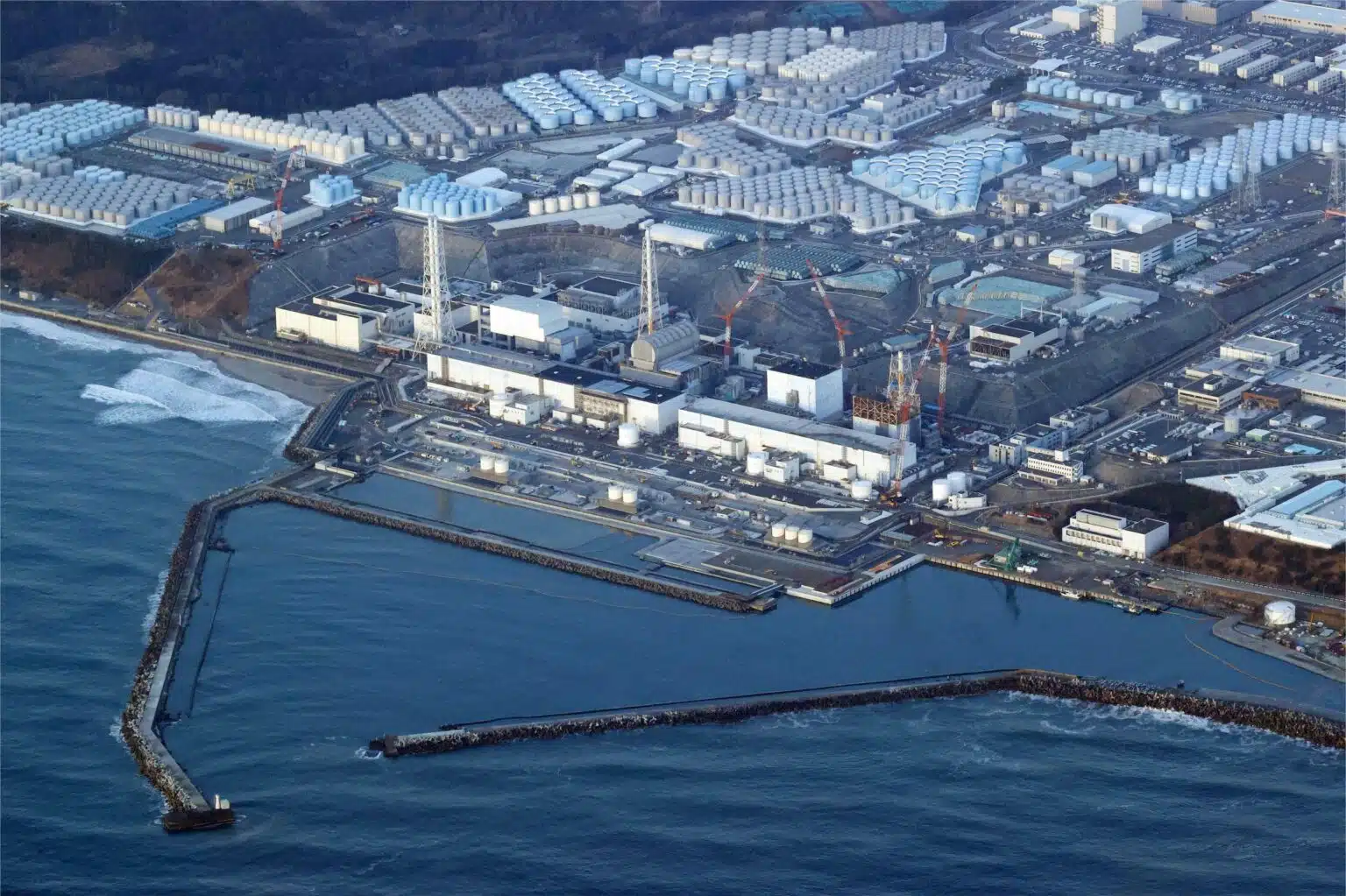Japan updates the Pacific Islands Forum (PIF) on the progress related to the management of the treated water from the 2011 disaster powerplant. PM Fumio Kishida also gives his statement on Japanese efforts.
Japan has made efforts to mitigate the radioactive waste which was released in the Fukushima Nuclear Meltdown in 2011. This event has impacted the marine ecosystem of the Pacific Ocean and created a threat to marine flora and fauna. The country has actively engaged with the global community in managing the aftermath of the disaster and has given updates over the years.
One such form is the Pacific Islands Forum (PIF), an inter-governmental organization based in Oceania with Nations like Australia, New Zealand, Fiji, and Papua New Guinea among its ranks.

Japan is one of the dialogue partners with the PIF. It also includes India, China, and the USA engaging with the organization for development and cooperation with the Island Nations of the Pacific. Japan has engaged in four briefing sessions since 2022 with the organization, providing the status of the treated water at the power plant.
What was the Fukushima Disaster?
Japan has made diligent efforts to manage the radioactive waste from the Fukushima Nuclear Disaster that took place on March 11, 2011, during the Tohoku Earthquake and Tsunami. The Nuclear power plant sustained significant damage when three reactors broke down and released Hydrogen and Radioactive contents in the nearby areas.
47,000 civilians were evacuated from the 20km radius around the plant for safety and the nuclear plant officials attempted to cool down the reactors with seawater, which slowed down the meltdown.

On April 12, 2011, the nuclear regulators elevated the severity level of the nuclear emergency from 5 to 7 by the International Atomic Energy Agency (IAEA). It was the highest level given, and the Fukushima Disaster was considered at the same level as the Chornobyl accident, considered the biggest nuclear disaster of all history. The efforts to mitigate the side effects of the meltdown continued until Mid-December 2011; by that time, the Nuclear Plant was declared to be in a stable condition
The Japanese government uses ALPS (Advanced Liquid Processing System) treated water. It is a technological tool which ensures that no radioactive material except for tritium. The treated water is sufficiently diluted before discharge per the regulatory standards for safety.
Findings from the Meeting
The meeting took place on April 14, 2022, through a video conference. The meeting was between Japanese government officials, staff from TEPCO (Tokyo Electric Power Company), Director Sione Tekiteki, Director of Governance and Engagement, PIF Secretariat and nuclear and marine experts who work along with PIF.
The Japanese delegation provided scientific explanations of the planned discharge of ALPS-treated water into the sea, Safety protocols for the discharge of the treated water and the content of the tritium in the discharged water. PIF experts asked questions on alternate methods of disposal, which include geologic injection, hydrogen release, underground burial etc.
Japan reiterated its stance that the country would continue to cooperate and provide the Pacific explanations based on scientific evidence with full transparency and follow the reviews by the IAEA.

This meeting took place after PM Kishida’s meeting with the PIF representatives in February 2022, where he expressed his commitment to a “Free and Open Indo-Pacific” and the safe discharge of the treated water into the sea.
Japan is working in the direction of being a powerhouse in Asia, especially at a time when Japan is heading the G7 as well as taking an active part in the G20 conferences in India. This gesture can be seen as a lesson to the world when it comes to the management of Nuclear Power Plants and how a country can prepare itself for the risks that are associated with them.













